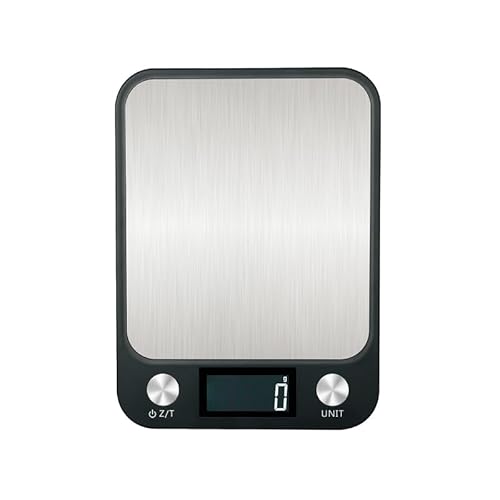KimW
Well-Known Member
Salted out a batch made with 100% Canola and the soap layer hardened but did not solidify. Instead, you can crush it with very little pressure into what I can only associate with canned parmesan cheese, or maybe couscous. The "grains" are very wet, so I have them spread out on a plastic bin lid to see if they'll dry. They have a great lather! I use Reverse Osmosis water for soaping and salting out. FYI - Have been playing with single oil recipes while doing the Oct Challenge, and salting out all of my beautiful fails for laundry soap. I've never seen a salted out soap do this. Any ideas?




















































